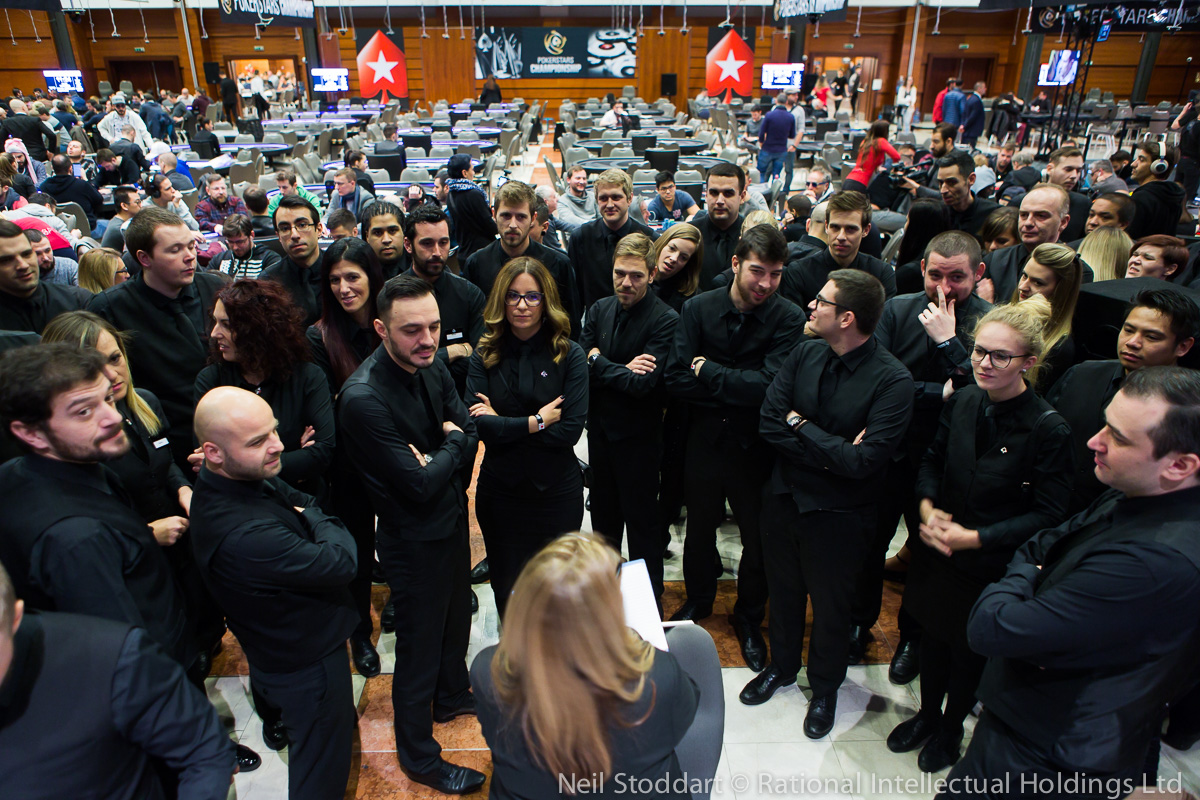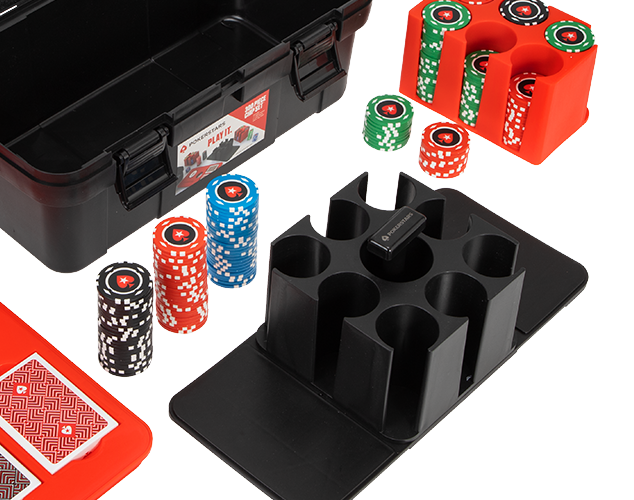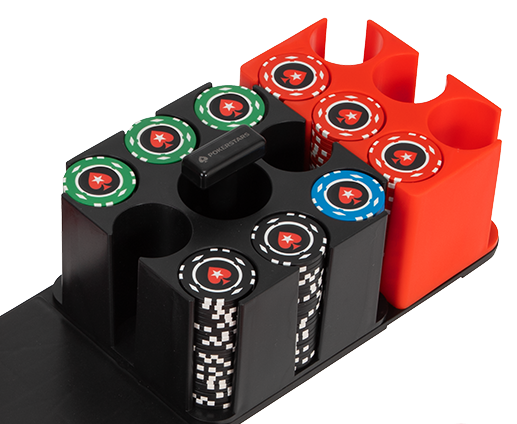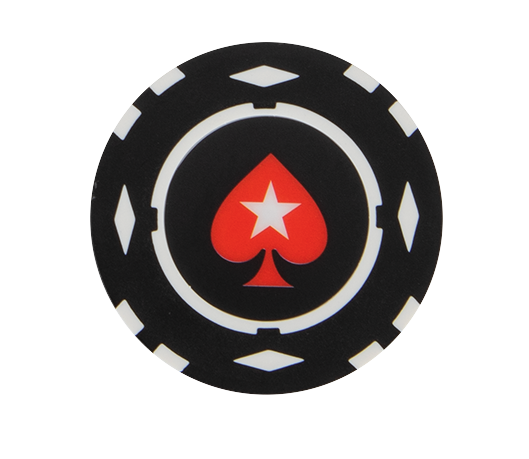The chances are that anybody who has ever played poker has spent some time as a dealer, but probably not a very good one. Most of us learn the game around a kitchen table, where we have to take our turn spraying cards across the floor as we attempt to shuffle, and dropping coins from shaking fingers as we try to pile up a pot.
But what about those people who do it professionally, the ones you see on TV pitching cards in perfect arcs so that they land in front of nine highly-demanding poker players? These are the folk who can peel out a flop in a perfect line, cut down stacks of chips into beautifully equal piles, and who can count them all up in the blink of an eye.
You think that comes naturally? Not at all. It’s the result of training, practice and a commitment to a craft. Good professional poker dealers probably don’t get the recognition they deserve, but they are absolutely critical to the success of a poker room or a major festival. Players need good dealers if they want to see as many poker hands as possible, while feeling confident in the game’s integrity. Meanwhile casino owners and tournament operators know that their customers spend more time in the company of dealers than they do with anybody else. They need to be sure that the time is pleasant, whether or not the cards are falling in a player’s favour.“It doesn’t matter if the food is great and the venue is beautiful and there’s lovely branding all over the place and you have an amazing party,” says Toby Stone, the tournament director of the PokerStars-sponsored European Poker Tour (EPT). “You need a friendly dealer, who enjoys being there, one who is non-judgmental for newbie players, treats everyone equally and deals fast and accurate….Ninety-nine percent of a player’s experience is on that table with that dealer. You want to get that right first and then everything else should follow from there.”
Stone has been involved in poker for 30 years, many of them as a dealer. In that time, the game has gone through its incredible surge in popularity and been transformed from something played by a select few in the corner of a handful of casinos to a mainstream pursuit for the masses. Although live poker has been drastically affected by the global pandemic, the pre-Covid events on the EPT attracted many thousands of players to destinations such as Barcelona, Prague and Monte Carlo. These events, with up to 150 tables running concurrently, require teams of up to 200 dealers, plus another 50 staff running registrations or chip rooms or supervising play.
And the dealers need to be prepared to work.
“You have to have stamina,” Stone says. “On average, you’re working 10, 11, 12 hour days. Sometimes you can be working 13, 14 hours. There’ll be one or two days on the EPT where you’ll do that many. You’ll get breaks regularly, and you’ll get a dinner break…But yeah it can be tough and some events are tougher than others obviously.”There’s no clear and obvious path to becoming a dealer that everyone follows. For some, they might enjoy playing the game and want to be involved in the industry. For others, it may be that the shift work is ideal while they study at university, or have commitments elsewhere. Of course, for plenty it’s just a job that they found when looking around, and one that rewards dedication and application with the chance to travel the world, be a part of an enthusiastic team and pick up some money doing so.
Many casino chains offer training when people apply to become a dealer, and will likely bring in staff as croupiers on other table games, before individuals might choose to specialise in poker. There are a handful of poker dealer schools across the world, while these days there are also plenty of online tutorials in shuffling cards, counting chips, and dealing various games. However don’t expect just to watch a couple of YouTube videos then rock up and start dealing a Super High Roller tournament. Stone estimates that only around 20 percent of people who attempt to become a poker dealer make the grade, with the job not quite as glamorous as TV would have us believe.
DEALERS UNDER THE MICROSCOPE:
Dear Players: Here’s how to be good to your dealers, by Mickey Petersen
Dealer’s unite! Producing a dealer video in Prague
Deal me a winner: A look at the WSOP dealers
“You’ve got to like what you’re doing,” Stone says. “You’re in the service industry and you’re dealing with people who are often not very nice. Dealers often get blamed a lot for bad hands and that sort of thing. You have to have a stomach for it otherwise you’re not going to take the nonsense.”
There are, of course, compensations. Major poker events often take place in some spectacular destinations all across the world, and dealers at the top of their game (in non-Covid times) could work up to three events per month. Most dealers are freelance, allowing them to work for various different tours, and although conditions and pay varies from employer to employer, travel and accommodation costs are often covered in addition to a salary.
This tends to come from the tournament prize pool, as per the operator’s standard practice, and is paid per hour worked. It’s why most dealers relish the extended days: more work equals more money.Although there might be little time for recreation during the punishing peak of an event, there’s nothing stopping anyone involved with a poker tournament adding an extra couple of days at the start or finish of a trip to check out and relax in a destination city. Best of all, the dealing staff work in a big team that travels frequently together. People forge tight friendships with colleagues and share the highs and lows — as well as travelling and accommodation expenses.
“There is definitely a community feel,” Stone says. “All these people out there working with their friends often for many years. I think a lot of poker dealers, they really like the industry. They love the game. They’re very proud and, from my experience, I always wanted to be the best dealer. I didn’t want anybody to be any better than me back in the day.”
Stone says that many people tend to move away from dealing as their priorities in life change — “It’s really a young person’s job” — but that a number of people also make a long career out of it. The natural step up is to become a floor supervisor and then maybe a tournament director, with the more senior roles only ever going to someone who has previously been a dealer. Dealers are closest to the action and observe it most keenly; they’re required to count and manipulate chips quickly and accurately. These are all skills required of more senior casino staff and promotions always come internally.
Of course, some dealers might still fancy themselves as a poker player and their time observing from the table can offer the best view of new strategies and styles. But keeping the game moving quickly and accurately is a far higher priority than picking up poker strategy tips, and the best dealers are those who can stay focused for the long periods demanded of them, without added distractions.Back in 2010, we spent some time with many of the dealers at the World Series of Poker (WSOP) in Las Vegas, who were spending long hours at the tables for seven-week stretches, and who came from all walks of life. Among them was Doug Schertz, a retired high school math teacher from Crystal Lake, Ill., who was then 63 and dealing his fourth World Series.
“I’m not emotionally involved,” Schertz said. “You’re just trying to do the best possible job you can without making mistakes. And make sure the right person wins what he’s supposed to win… I don’t have any aspirations to be a poker star, but I just enjoy being a part of it.”
Back to Top















